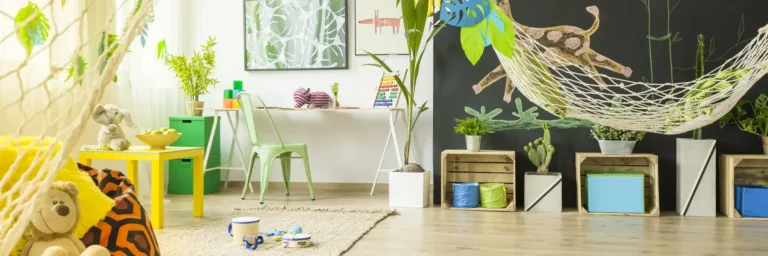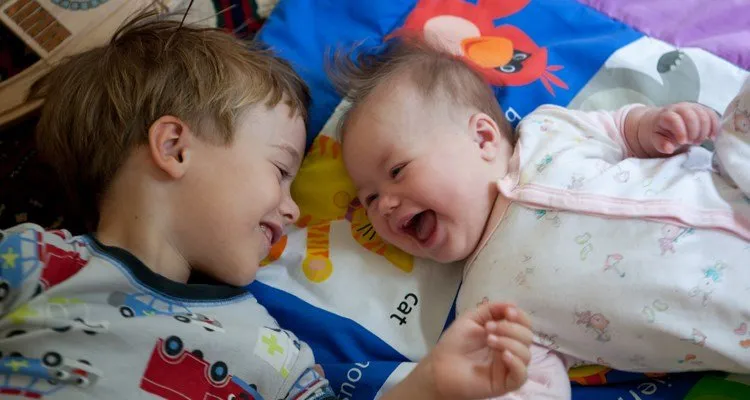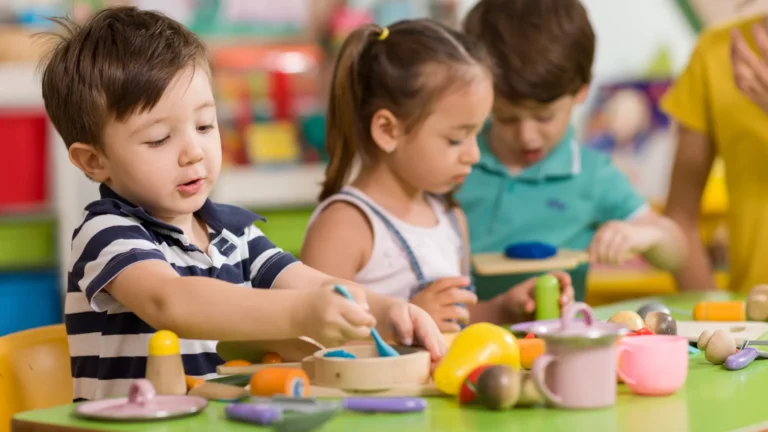How many times do you hear people say, “but I don’t know how to communicate with a child?” its honestly not as hard as you think. You just need to remember that a child is still a human just like us, but they haven’t had the same amount of time to practice their communication skills. So, they may be communicating with you and you not even realising and vice versa.

It is said that all behaviour is communication, when you can see that a child is upset or not coping with a situation they are probably trying to communicate this with you. This can be shown through ‘ tantrums , ignoring and violent behaviour.’ Whenever I can see my son becoming frustrated or upset I will always talk him through what I can see happening and never assume anything, this way he will be able to develop his communication skills and then also begin to understand his emotions a little bit more. For example, he is attempting to pull himself to the standing position and he can quite easily do it on the coffee table, but the lounge is a different texture and harder for him to grasp and he is struggling to pull himself up, falling over almost every time that he is attempting it. When I see him doing this I will go and sit by him and speak with him doing this “I can see that you’re trying to climb up” “you can’t seem to stay stable up there, I wonder why that is happening?” When I can see him becoming physically upset or distressed I say to him “I can see you getting upset, it must be hard to not be able to climb up, I am here if you need some help” and I allow him to continue until he comes to me for assistance.
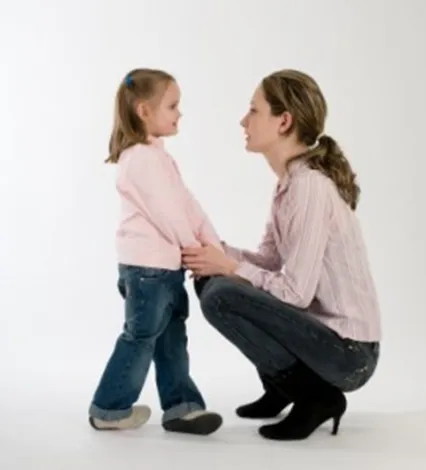
When communicating with your child you need to communicate with them the way you would with any other person that you would talk to. Be respectful and understanding, did you know that when you say something to a child it takes them 5 -10 seconds to understand and process what has been said to them, so make sure when having a conversation with your child you are allowing them to have that time to process what’s been said. Imagine having a conversation with someone and them not allowing you to answer their questions before asking you another one or if they are getting angry because you haven’t had time to answer them. Communicating with your child can be in so many different forms as well, it can simply just be giving them a look to acknowledge that you are there for them.
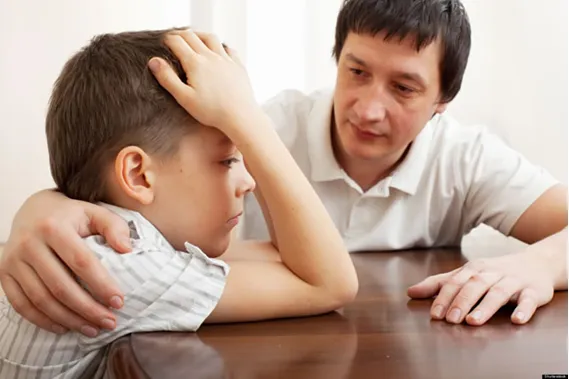
Below are some tips for you to communicate with your child
Pay attention and make them feel as they are the only person in the room
Make sure you are at their level when talking to them, imagine how intimidating it would be for a child to have an adult standing over them talking to them. Keep eye contact. Be as open and honest with them as you possibly can, this shows the children that it’s okay to be honest. Don’t interrupt them when they are talking to you. Always ask open ended questions or if they are asking a question you could answer the question with another question e.g. if a child says, “ why is the water coming from the tap?” You could answer with “I’m not too sure, why do you think it comes from the tap?” Say please and thankyou always while talking to the children, role modelling manners will teach manners. Respect their privacy and always knock. Stand back and let them make their own mistakes, they will grow a lot quicker and they will also learn that failure is okay, and this is how we learn. References: Aitchison, S 37 Ways to communicate wither with your children. (2006, October) Retrieved from: www.stevenaitchison.co.uk/37-ways-to-communicate-better-with-your-children/

